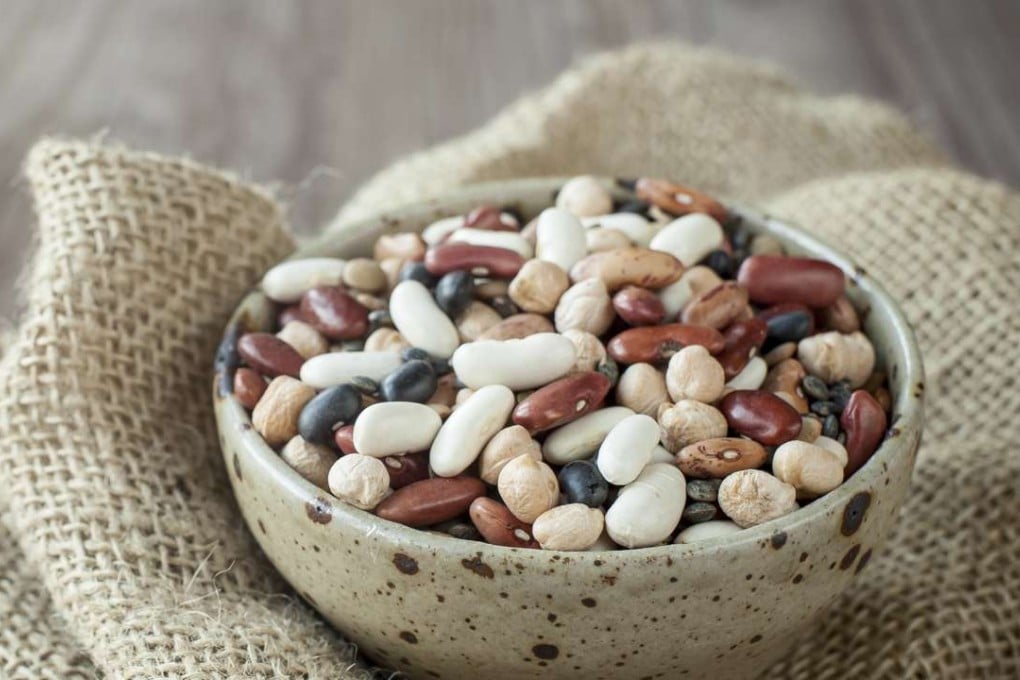8 pulses you should be eating, why they’re good for you and how to cook them
Pulses such as kidney beans, broad beans, lentils and chickpeas are good for us because they reduce cholesterol, prevent heart disease and contribute to healthy bones and teeth

If you’ve been ignoring pulses in your diet, now is a good time to appreciate them, considering the UN General Assembly has declared 2016 the International Year of Pulses.
Not only are they a good low-fat source of protein, minerals (such as iron and zinc) and B-vitamins such as folate, research suggests that their high fibre content can help lower bad cholesterol levels (LDL) and decrease the risk of heart disease and type 2 diabetes.
Karen Chong, registered dietitian at Matilda International Hospital says pulses have a low glycaemic index, which means they are broken down slowly in the digestive tract. This can help individuals control their blood glucose levels after meals and manage their appetite and weight.